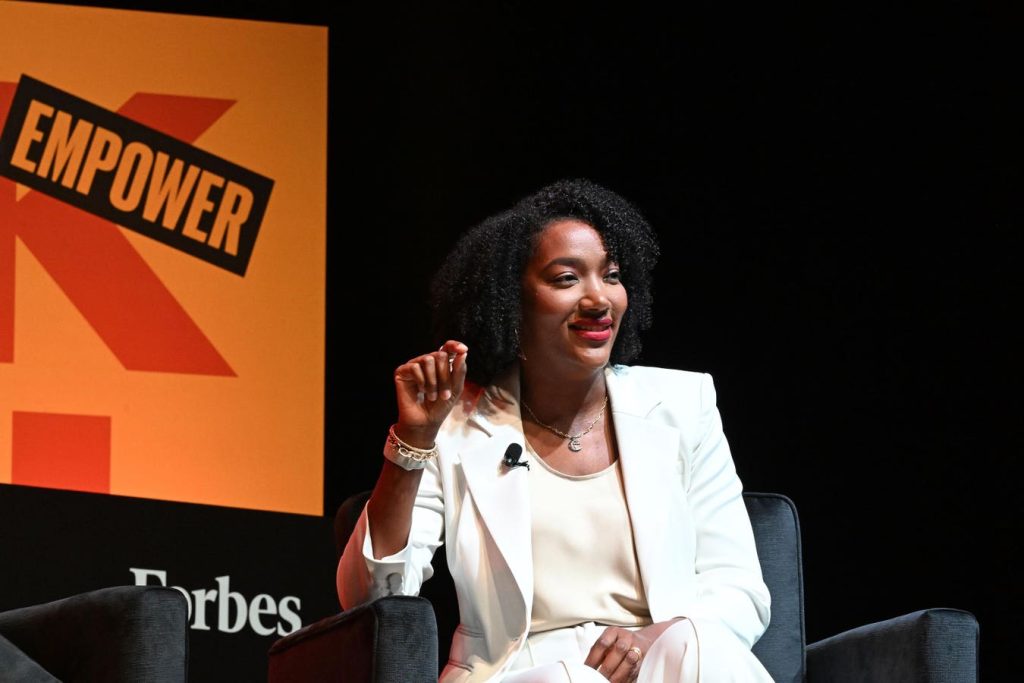The ForbesBLK Summit in Atlanta brought together Black female leaders in the business world to discuss the challenges and opportunities facing Black entrepreneurs. Ayana Parsons, cofounder of The Fearless Fund, spoke about the importance of support and representation for Black women in business. However, a recent court ruling blocking the Fearless Fund from awarding grants exclusively to Black women entrepreneurs has posed a challenge to its mission.
The issue of access to venture capital was a key topic of discussion at the summit, as Black women-owned businesses received just 0.34% of U.S. venture capital dollars in 2022. VC funding plays a crucial role in the success of start-ups, providing access to mentorship, funding, and industry connections. Yelitsa Jean-Charles, founder of Healthy Roots Dolls, highlighted the lack of funding for Black entrepreneurs, noting that while there are programs and boot camps available, few investors are willing to provide the financial support needed.
The World Economic Forum has noted a temporary surge in VC funding for Black businesses following the death of George Floyd in 2020. However, overall VC funding has decreased since then, leading to a decline in funding for Black start-ups. One panel at the summit discussed strategies to increase funding for minority businesses, emphasizing the importance of networking and building connections with investors.
Stacey Abrams, a key figure in the fight for increased funding for Black businesses, stressed the importance of accountability and storytelling in driving economic success for Black Americans. She highlighted her work with the Now Account Network, which provides working capital to small businesses by converting trade receivables into cash. Abrams encouraged Black entrepreneurs to speak up, tell their stories, and stay connected in order to continue thriving in the business world.
Overall, the summit served as a platform to address the challenges facing Black entrepreneurs in accessing venture capital and securing funding for their businesses. Despite legal obstacles and systemic biases, leaders like Ayana Parsons and Stacey Abrams are working to create opportunities for Black women in the business world. By fostering connections, sharing stories, and advocating for change, Black entrepreneurs can continue to push for greater representation and support in the venture capital landscape.


